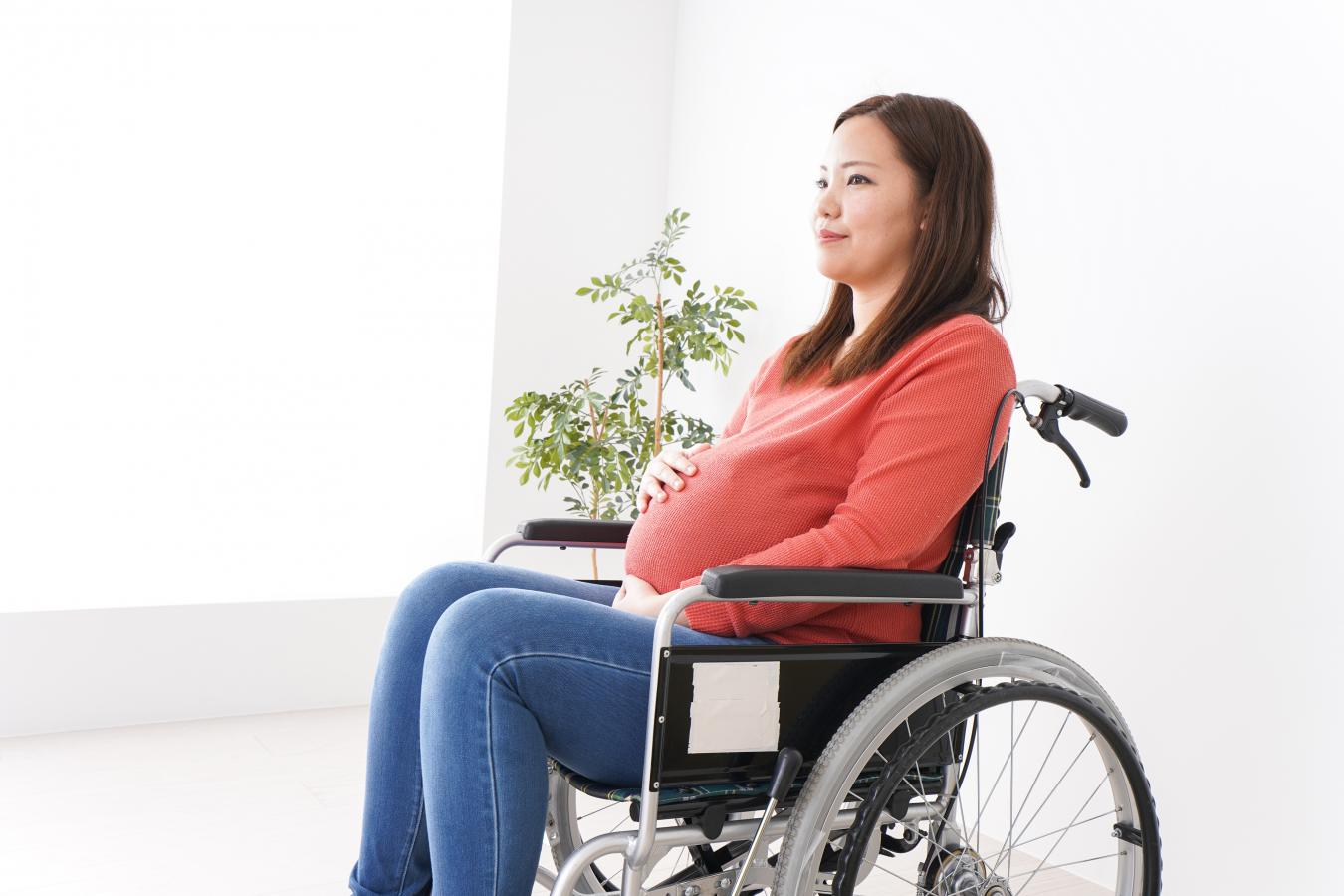
Research suggests as many as 1 in 8 pregnancies are to people with disabilities. So why is there so little training available to help provide perinatal care for this group?
This knowledge gap among healthcare providers will be addressed by a new initiative from Department of Health and Society Postdoctoral Researcher Evelina Pituch with her supervisor Hilary Brown, assistant professor and Tier 2 Canada Research Chair in Disability and Reproductive Health. The three-year fellowship has just received funding of $165,000 from the Canadian Institutes of Health Research.
With increased pregnancy rates among those with physical, sensory, and intellectual and developmental disabilities, Dr. Pituch is designing a cross-disability training module called ROADMAP aimed at providing information and training about disability and pregnancy.
“Healthcare providers with a medical background, like family physicians and obstetricians, receive fairly limited training regarding the perinatal healthcare of people with disabilities during the course of their studies and professional degrees,” says Dr. Pituch. “Allied health professionals may receive some disability-related training, but nothing targeted around perinatal healthcare. So, there’s definitely a knowledge gap and very little intersection between perinatal healthcare and disability and with ROADMAP we aim to start closing that gap.”
A lack of experiential learning opportunities for healthcare providers also contributes to this gap, adds Dr. Pituch. “This means before they enter practice they have very little contact with people with disabilities. They often learn on the job, once they have a person with a disability in their office. All the burden is on the person with the disability who needs to explain their situation, what their needs are.”
This knowledge gap can have major consequences. “Sometimes pregnant people with disabilities may unfortunately be recommended to terminate a pregnancy because their healthcare provider may hold negative biases. Research also suggests healthcare providers are more likely to suggest a caesarean delivery to people with disabilities even when it is not medically indicated because they lack knowledge about the ability of people with disabilities to labour,” notes Dr. Pituch. “Sometimes healthcare providers don’t know that they need to accommodate the needs of people with disabilities in providing care, for instance how they can communicate with a person who has a sensory disability, how they can ensure their practice and office space is physically accessible to a person who uses a wheelchair to get around, how to ensure that the medical equipment they’re using in the office is accessible to the needs of people with disabilities.”
The first phase of the project will involve a national online survey of perinatal healthcare providers to assess their disability-related knowledge and training needs. Then a qualitative study will be undertaken to establish the content and format of ROADMAP. Finally, the results of the training will be studied to assess the healthcare providers’ change in confidence, attitudes, and knowledge before and after the training.